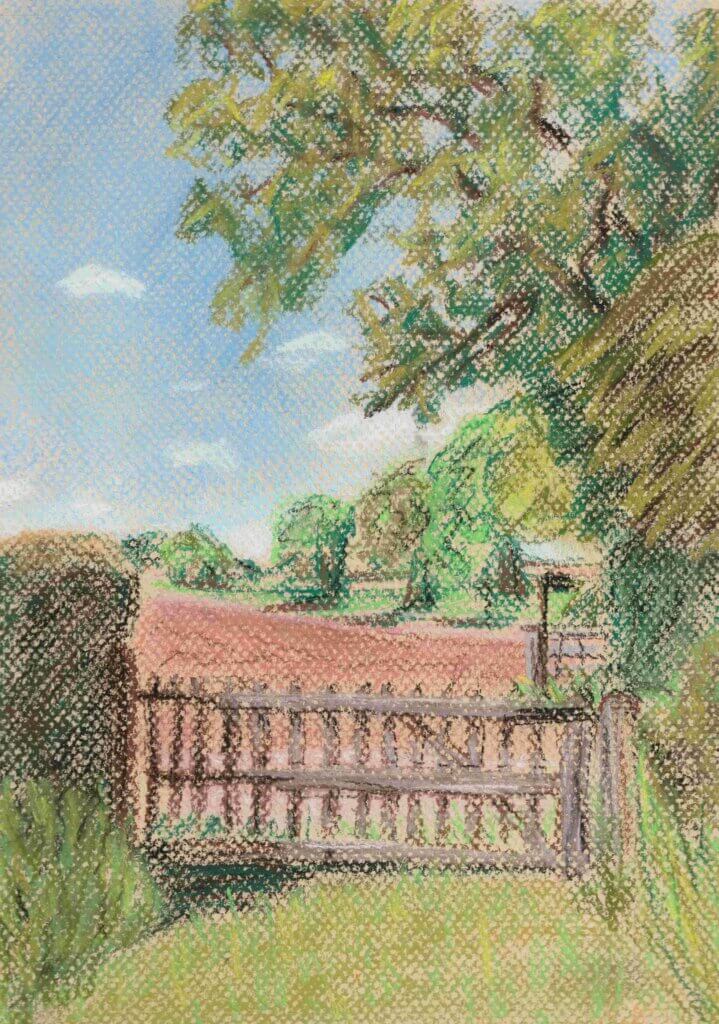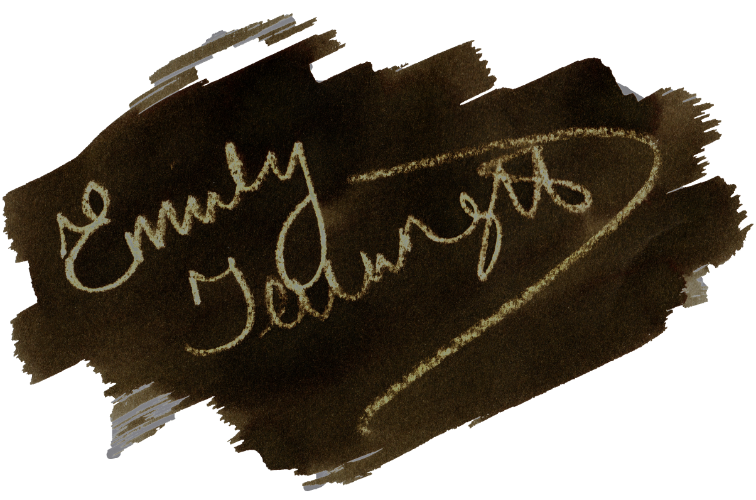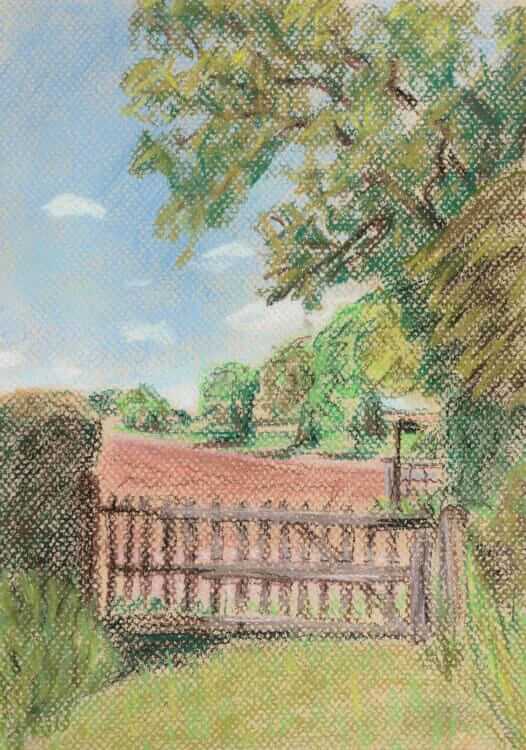
“With all the care and compassion at our command, let us tend the flower of life, for it is for that our brothers and sisters died and we were spared.”
J B Priestley, Journey into Daylight, broadcast on the BBC, May 11th, 1945, in Priestley’s Postcripts, BBC Sounds.
Memories of World War II
I hope it will surprise no one reading this to learn that I am not old enough to have direct memories of World War II. I am however, old enough to have grown up among people who not only lived through ‘The War’ as it was universally called, but were constantly remembering it. People whose lives had been permanently shaped by it, sometimes dramatically. In my youth I was sick of hearing about the whole thing. Just don’t mention the war, or you’ll start someone off …
If you’ve read my novel Ghost Train you’ll know that, even though the story takes place long afterwards, its origins are a consequence of World War II. It’s a reflection of how deep and lasting those effects were.
What are we celebrating?
Forty years on, and I’ve been hearing a lot about the Second World War again this month. 80 years of VE day? Haven’t we just celebrated its 75th anniversary? And the 80th anniversary of D-Day? Britain does have other history worth remembering. Why are the media and government still so fixated with ‘The War’? Now that most people who remember it are gone, what exactly are we celebrating?
There are many things to celebrate about World War II. So many people showed enormous courage, resilience and determination and put their most compassionate and generous sides to the fore. Great creativity and ingenuity found solutions and new developments in technology, the sciences, medicine and other areas. An evil regime was stopped and there was finally a permanent peace among the countries of western Europe.
So let’s not allow it to become a media feel-good stunt. It wasn’t a football match. Not one of the many people I knew who lived through World War II would appreciate that. If we’re going to remember ‘The War’, let’s remember history not propaganda.
Real Memories of World War II
Real memories of World War II will tell you that it was no one’s victory, except perhaps for a few who made money. Our country was devastated by it and encumbered with enormous ensuing debt. Great numbers of our people were damaged mentally or physically if they survived at all.
We should also remember that VE day was not the end of the suffering. Not only did the terrors of the war in the east continue until VJ day, but for years afterwards the home population was subjected to rationing and austerity, in particular during the arctic winter of 1946 – 47. Mental health problems were widespread (see Ghost Train) and there was a severe shortage of housing.
Before the Second World War



Life had been hard for most people in Britain before World War II. My father, Allan Tellwright, was already in the Merchant Navy when war broke out. He said that the usual treatment of sailors was such that the war made no difference in terms of hardship. In fact they were more likely to get fed on board.
My grandfather, Alf Mountford, was forced to leave a good job due to ill health in the 1930s. He competed with hundreds of other men to get the only job he could, as a lavatory attendant, to keep his family alive.
My ‘Uncle’ Arthur’s father had lost a limb in the First World War, which had caused great hardship for his family.
How would they be celebrating?
These were men who were glad to be English, who thought Nazism and Fascism were things that should be fought and stopped and were proud that they’d succeeded. They were not radical or left-wing. But they also saw enough not to think that our side won because we were intrinsically better, or that everything done on our side was unequivocally right. And none of them forgot what they’d given when their country required it, and how little that country had given when they’d been in need.
At the end of the Second World War, they all went into work improving life in Britain. My father became a teacher, my grandfather worked in local government and my ‘uncle’ in what would become the Department of Health and Social Security. I don’t think they would find much worthy of celebration in the poverty and societal erosion we see all around us today. They might wonder why we were celebrating at all when we have failed so comprehensively to build something good from what they gave and the work that they did.
An Unsung Hero of World War II
John Grocott, Pioneering Plastic Surgeon

The unveiling of a blue plaque to commemorate another family member who played an enormously important role during World War II took place this month. The life and work of John Grocott FRCS was certainly something to be celebrated and I encourage you to read about him in Ros Unwin’s comprehensively researched book, Unsung Heroes of Wartime Stoke.
John was born and worked here in Stoke-on-Trent. He won a scholarship to Guy’s Medical School in 1927 and in 1939 at the age of 29 was left in sole charge of the only plastic surgery unit north of London. Thousands of injured servicemen came here during the Second World War to have reconstructive surgery. Ros has uncovered some of the incredible, life-changing results that John Grocott achieved for them in a book packed with inspiring stories and great characters.

John was a self-effacing man, not keen on publicity, which is partly why his outstanding work and career were not in the historical record. Fellow local author Ros has worked tirelessly to broadcast his story and gain him the recognition he deserves.
A Strange Campaign: The Battle for Madagascar by Russell Phillips
A little-remembered but significant episode of World War II and a good story.
In a month that seems to have been all about memories of World War II, I also happened to read this excellent book by local author Russell Phillips.

Not a well known campaign, in the hands of such a capable writer it is interesting in detail, in its effect on the later execution of the war and in the insights it gives into the protagonists. Russell has a clear narrative style that delivers all the details and background within the rhythm of a story, without anything extraneous but with relevant conclusions. It’s a refreshing combination, easy to read but intellectually sound.
The book has good maps too on which you can follow the progress of the action.
Not Perfect
I particularly liked the insights into relations between the French factions and between the French and the British, both of which affected politics after 1945. The attitudes of the Senegalese and the Malagasy were also interesting.
The imperfect execution of war was also clear. Success was not guaranteed. The British authorities frequently differed and delayed, while everyone had flawed information and made wrong assumptions at some point. Not everything that was tried worked. But there were clever strategy and planning, successful new technology, excellent and courageous research and incredible bravery.
Don’t Mention the War
Identity
I love being English. For me it’s the best thing there is. But that doesn’t mean that I think it’s the best thing for everyone, or that it makes me better than other people or that my way of being English is the only way. (I’ve written before about the relationship between the individual and the collective). It certainly doesn’t mean that I think England is a paradise, or that as a state the UK (dominated by England) is a paragon. In fact, I could easily write a long list of things that are pretty rotten about life here at present, and things that our government are doing that are very wrong.
Don’t mention the war, at least for a while.
Let’s have a rest from World War II anniversaries for a few years and save them up for the centenaries. In the meantime, we can investigate and remember other aspects and eras of our history and broaden our perspectives about our background, identity and environment. And we can work on making our own times worthy of remembrance. So when those centenaries come round we won’t just be waving flags and saying it’s great to be British because we were on the winning side a hundred years ago. We can feel glad to be British because it means being part of good things here and now. Things which all those who persevered through World War II, whether they perished or survived, could agree are worth celebrating.
Subscribe to hear about new articles:


Leave a Reply